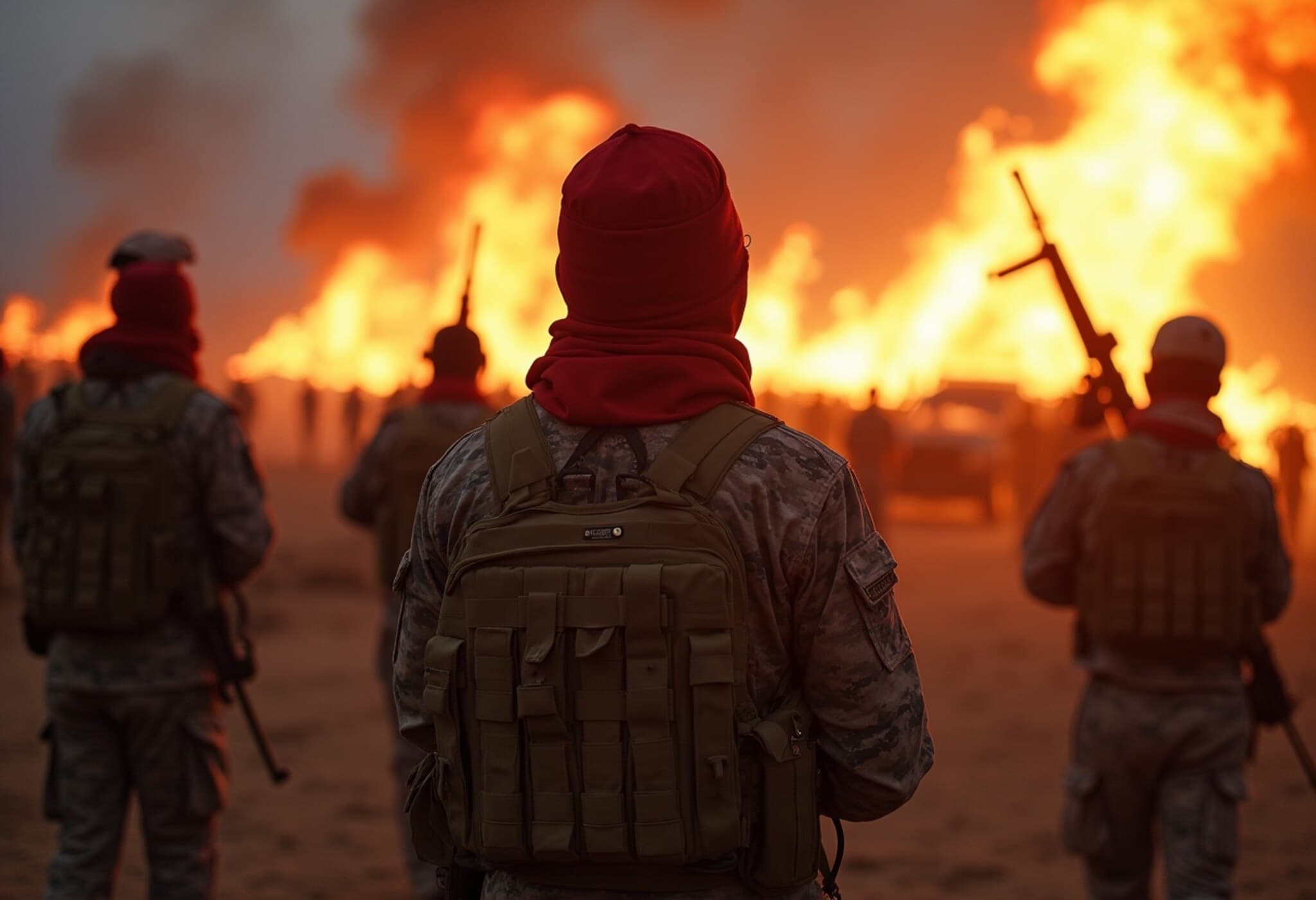Turkey and the PKK: A New Chapter in a Long-Standing Conflict
On July 11, 2025, a ceremony in northern Iraq signaled what many are calling a historic milestone in the decades-long conflict between Turkey and the Kurdish Workers Party (PKK). For the first time since its founding in 1984, the PKK has begun a process of disarmament—burning weapons in a symbolic act aimed at ending armed struggle and moving towards political dialogue. This moment is more than just a disarmament ceremony; it represents an irreversible turning point in a conflict that has claimed tens of thousands of lives and influenced regional stability for over 40 years.
The Ceremony and Its Symbolism
At the Casene cave near Sulaimaniyah in Iraq’s Kurdistan Region—an area long intertwined with Kurdish identity and resistance—about 30 PKK fighters, including four commanders, gathered to publicly destroy their arms. The cave, known to have once housed a Kurdish printing press, stands as a powerful symbol of Kurdish cultural and political expression. The event echoed with hopes of peace, freedom, and a shift to democratic processes.
Background: The PKK’s Evolution and Recent Developments
- Founding and Armed Struggle: Established in 1984, the PKK launched an insurgency seeking autonomy and rights for the Kurdish population, which makes up around 20% of Turkey’s roughly 85 million people.
- Leadership Role: Abdullah Ocalan, the PKK’s imprisoned leader, played a pivotal role by announcing earlier in 2025 the group’s decision to forego armed conflict in favor of political engagement.
- Diplomatic Progress: Months of indirect negotiations—mediated by Turkey’s pro-Kurdish Democratic Regions Party and endorsed by President Recep Tayyip Erdogan—paved the way for this disarmament phase.
Turkey’s Perspective and Regional Implications
President Erdogan hailed the disarmament as a “milestone” and an “irreversible turning point” in Turkish-Kurdish relations. Emphasizing the significance of the PKK’s commitment, Turkish officials expressed hope that this process would proceed without “mishaps or sabotage attempts.” Given that Turkey has long designated the PKK as a terrorist organization, this development opens a path toward potentially transformative reconciliation.
From a broader perspective, resolving or mitigating the Kurdish question resonates well beyond Turkey’s borders. Kurdish populations inhabit neighboring Iraq, Syria, and Iran, and peace initiatives could positively influence the stability of these interconnected regions. For example, Syrian Kurds, who have played a critical role in fighting ISIS, have watched these developments with interest, aware that regional Kurdish empowerment hinges upon political outcomes in Turkey.
Expert Insight: A Complex and Nuanced Path Forward
While the disarmament marks a hopeful beginning, analysts caution against seeing this moment as the end of Kurdish political aspirations or ethnic tensions. Some experts suggest the PKK’s move may also be a strategic, face-saving response to years of military pressure and diminishing operational capacity. The transition to political activism does not erase historical grievances nor guarantee smooth negotiations ahead.
Moreover, long-standing distrust between Kurdish factions and the Turkish state means that confidence-building, institutional reforms, and inclusive governance will be essential to sustain peace. The process will likely require navigating:
- Addressing human rights concerns and greater cultural recognition for Kurds within Turkey
- Ensuring the integration of former militants into civilian life to prevent resurgence
- Balancing security priorities with political freedoms
Looking Ahead: Questions and Challenges
The path ahead remains fraught with challenges and uncertainties. Key questions that persist include:
- Will the Turkish government enact substantial reforms to address Kurdish political and cultural demands?
- Can regional Kurdish communities, separated by different national borders, unify their political aims sustainably?
- How will external actors and neighboring countries influence or support Turkey’s reconciliation process?
- What mechanisms will be established to prevent spoilers from undermining peace efforts?
Ultimately, this disarmament ceremony marks a hopeful yet delicate moment. It underscores that peace processes often require patience, mutual concessions, and vigilance against setbacks. For a conflict that has shaped Turkey’s politics and security landscape for decades, this moment may indeed be the dawn of a new era.











